UN: The G20 Countries Are Responsible For The Climate Crisis

Authors of an annual United Nations Environments Program (UNEP) report have dropped their characteristic diplomatic politeness, instead directly calling the climate crisis “bleak“.
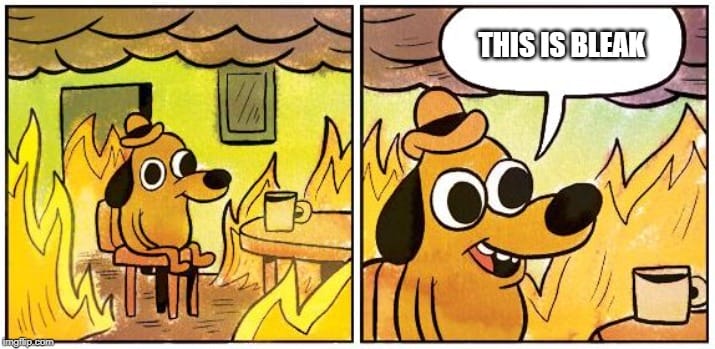
Countries collectively failed to stop the growth in global GHG (greenhouse gas) emissions, meaning that deeper and faster cuts are now required.
The United Nations Environment Program (UNEP) report, 2019
In other words, the entire situation is a dumpster fire and we’re burning along in it.
According to the report, seven of the G20 countries will not reach the reduced level of greenhouse gasses they promised.
Those countries are Australia, Brazil, Canada, Japan, Korea, South Africa, and the USA.
The G20 (Group of Twenty) is basically 19 of the most influential countries plus the European Union, as they collectively account for 90% of the gross world product, 80% of world trade, two-thirds of the world population, and about half of the world land area.
They are also the countries who should take the lead on cutting emissions, since they contribute around 80% of global emissions as well.
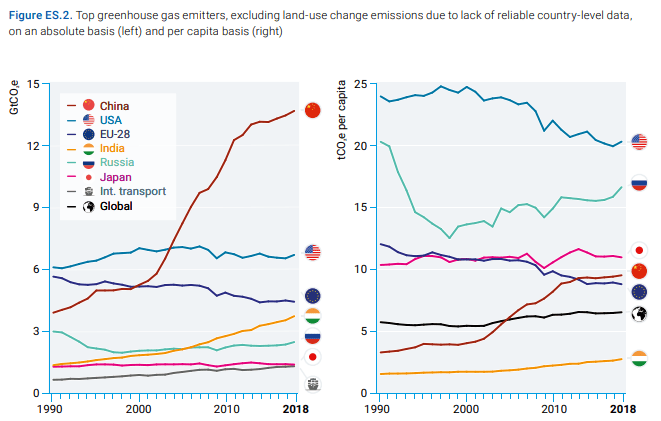
The climate crisis is one of those things that will spiral when you don’t take immediate action: like the pile of dirty dishes in your sink, it will just fester, stink, and eventually grow maggots if you don’t clean it. It simply gets worse with time.
Unfortunately for us, we no longer have the luxury of taking baby steps in reducing our greenhouse gasses.
Had serious climate action begun in 2010, the cuts required per year to meet the projected emissions levels for 2°C and 1.5°C would only have been 0.7 per cent and 3.3 per cent per year on average.
However, since this did not happen, the required cuts in emissions are now 2.7 per cent per year from 2020 for the 2°C goal and 7.6 per cent per year on average for the 1.5°C goal.
Evidently, greater cuts will be required the longer that action is delayed.
The United Nations Environment Program (UNEP) report, 2019
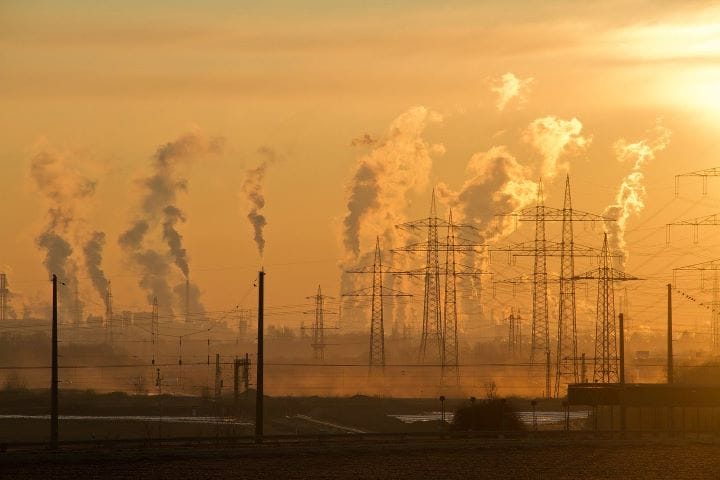
(Picture credit: Pixabay)
The UN also calls for decarbonizing the global economy, which will see an economy based on low carbon power sources that has a minimal output of greenhouse gases.
This requires fundamental structural changes and shifts in deep-rooted values, norms, consumer culture, and world views.
Renewable energy must come into play immediately to replace coal and petroleum. Renewables are currently the cheapest source of new power generation in most of the world as compared to coal plants.
Already, there is an incredible shift in consumers who now demand companies and governments to take responsibility for their impact on the environment, but these countries must hold themselves accountable.
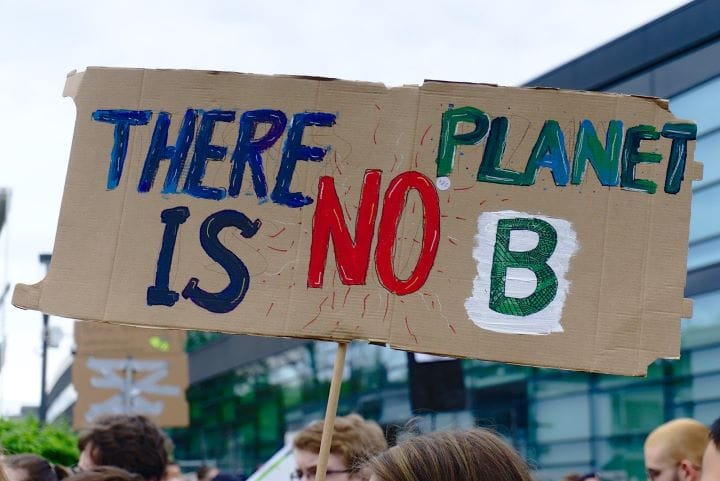
(Picture credit: Pixabay)
Malaysia’s Role
Just because Malaysia is not part of the G20 doesn’t make us inconsequential. We have rainforests and peatlands, which are important carbon sinks that take in GHG emissions and put it back in the soil.
However, with the rise of illegal logging and continued deforestation, we are quickly losing our greatest asset to combat climate change.
Since 2001, we have lost 7.73 million hectares of tree cover. 91% of our forest loss is due to commodity-driven deforestation.
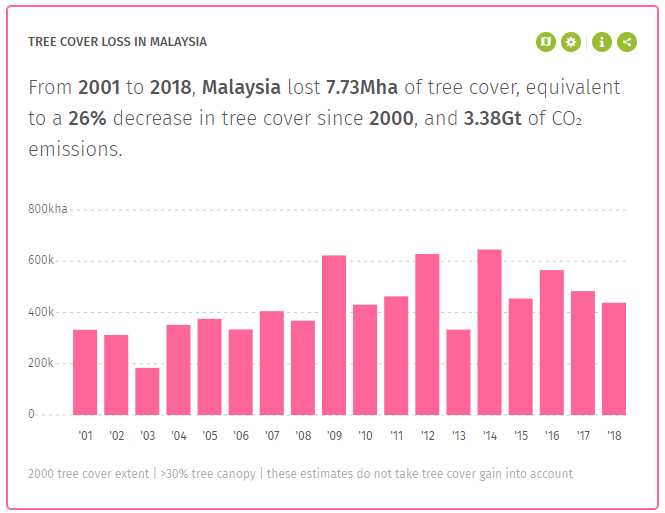
What Malaysia must do is protect our virgin forests, invest in renewable energy, and pave the way to a sustainable future.
We no longer have time to wait.
Find out how YOU can make a change to save the world. Let us know what steps you’ve taken so far on our Facebook, Twitter, or Instagram.
Anne is an advocate of sustainable living and the circular economy, and has managed to mum-nag the team into using reusable containers to tapau food. She is also a proud parent of 4 cats and 1 rabbit.








